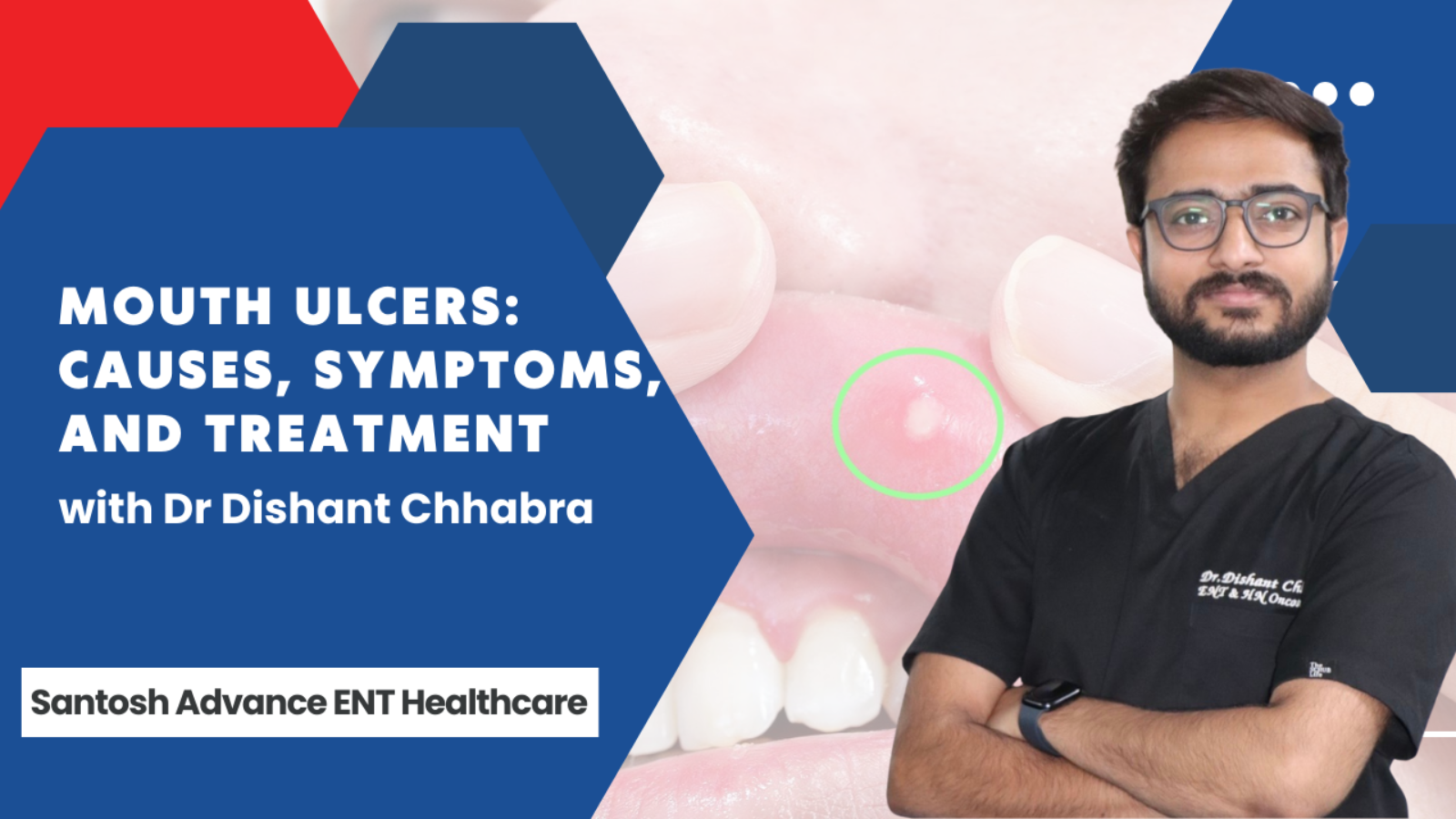Mouth ulcers, also known as canker sores, are small but painful lesions that occur inside the mouth. These sores can disrupt daily activities such as eating, drinking, or even speaking. While they are typically harmless and resolve on their own, recurrent or severe ulcers may indicate an underlying medical condition. Let’s delve deeper into their causes, symptoms, treatment options, and ways to prevent them.
What Are Mouth Ulcers?

Mouth ulcers are open sores that develop on the soft tissues inside the mouth, such as the inner cheeks, gums, tongue, or lips. They often present as round or oval lesions with a white or yellowish center surrounded by a red, inflamed border. While most ulcers are benign, some may require medical intervention if they persist or recur frequently.
Types of Mouth Ulcers

- Minor Ulcers: These are the most common type, small in size (less than 5mm) and typically heal within 7-10 days without leaving scars.
- Major Ulcers: Larger, deeper sores that can take several weeks to heal and may leave scars.
- Herpetiform Ulcers: These are tiny clusters of multiple ulcers resembling a viral infection but are not caused by herpes.
Common Causes of Mouth Ulcers
Mouth ulcers can result from various factors, including:
- Physical Trauma
- Accidentally biting your cheek or tongue.
- Irritation from sharp or broken teeth.
- Using a hard-bristled toothbrush or improper dental hygiene practices.
- Nutritional Deficiencies
- A lack of essential nutrients such as vitamin B12, iron, folate, or zinc.
- Stress and Hormonal Changes
- Emotional stress or hormonal fluctuations (e.g., during menstruation) are common triggers.
- Food Sensitivities or Allergies
- Spicy, acidic, or highly salty foods may irritate the soft tissues of the mouth.
- Underlying Medical Conditions
- Autoimmune diseases such as lupus or Behçet’s disease.
- Digestive disorders like Crohn’s disease or celiac disease.
- Viral infections such as herpes simplex virus (though less common for canker sores).
- Poor Oral Hygiene
- A buildup of bacteria due to inadequate brushing or flossing can lead to ulcers.
- Certain Medications
- Nonsteroidal anti-inflammatory drugs (NSAIDs), beta-blockers, and some antibiotics can cause mouth ulcers as a side effect.







Symptoms of Mouth Ulcers
Recognizing the symptoms can help in managing ulcers early. The most common signs include:

- Painful, round sores with a white or yellowish center and red edges.
- Inflammation or swelling around the ulcer.
- Difficulty or discomfort when eating, drinking, or speaking.
- Burning or tingling sensation before the ulcer appears.
- Fever, fatigue, or swollen lymph nodes in severe cases.
When to See a Doctor
While most mouth ulcers heal within 1-2 weeks, you should consult a healthcare professional if:

- The ulcer lasts more than two weeks.
- You experience frequent recurrences.
- The pain is severe and interferes with daily activities.
- The ulcer is unusually large or appears infected.
- Accompanying symptoms include fever, diarrhea, or rashes.
At Santosh Advance ENT Healthcare, our team of specialists offers advanced care for persistent or severe mouth ulcers. Schedule your consultation through our Appointment Page.
Treatment Options for Mouth Ulcers
Mouth ulcers can be managed through a combination of home remedies, over-the-counter solutions, and professional care:
1. At-Home Remedies

- Saltwater Rinse: Gargle with warm salt water to reduce inflammation and promote healing.
- Baking Soda Paste: Apply a paste made of baking soda and water to neutralize acids and soothe irritation.
- Honey Application: Honey’s natural antibacterial properties can help speed up healing.
2. Over-the-Counter Treatments

- Gels or ointments containing benzocaine or lidocaine for pain relief.
- Antiseptic mouthwashes to reduce bacteria and prevent infection.
3. Professional Treatments

- Topical Medications: Prescription creams or mouthwashes with corticosteroids to reduce inflammation.
- Oral Medications: For ulcers linked to immune disorders or systemic conditions.
- Laser Therapy: Quick and effective treatment for non-healing or severe ulcers.
Preventing Mouth Ulcers
Prevention plays a key role in minimizing the occurrence of mouth ulcers. Follow these tips to keep your oral health in check:
- Maintain Good Oral Hygiene
- Brush twice daily with a soft-bristled toothbrush.
- Floss regularly to remove food particles and plaque.
- Eat a Balanced Diet
- Incorporate foods rich in vitamins and minerals such as leafy greens, nuts, eggs, and lean meats.
- Manage Stress
- Practice relaxation techniques like yoga, meditation, or deep breathing exercises.
- Avoid Irritants
- Limit consumption of spicy, acidic, or salty foods.
- Regular Checkups
- Schedule regular dental or ENT checkups to identify and address potential issues early.





Why Choose Santosh Advance ENT Healthcare?
At Santosh Advance ENT Healthcare, we are committed to delivering personalized and effective care for all your ENT needs. Our experienced team uses advanced diagnostic tools and treatment methods to address even the most complex cases of mouth ulcers.

Santosh Advance ENT Healthcare
- Contact Us: Visit our Contact Us Page for inquiries.
- Book Your Consultation: Schedule a visit via our Appointment Page.
With our expert guidance, you can regain comfort and confidence in no time. Don’t let mouth ulcers affect your quality of life—reach out to us today!
Mouth ulcers are often minor inconveniences, but they can sometimes point to more serious health concerns. By understanding their causes, symptoms, and treatments, you can take proactive steps to manage them effectively. For persistent or severe cases, consult a specialist to get the care you need.

